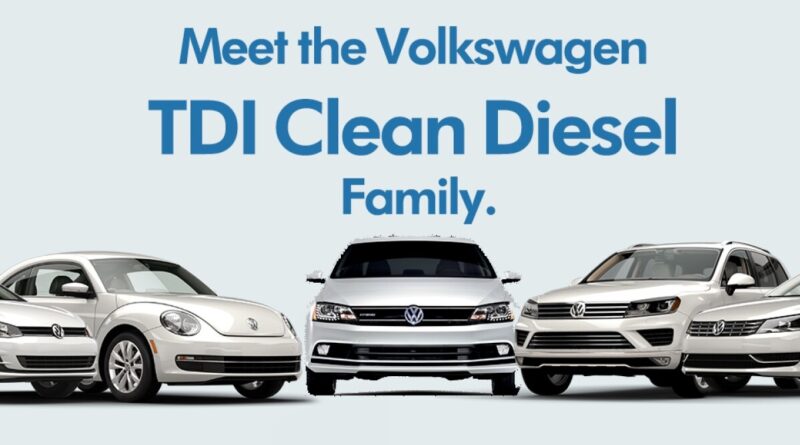Environmental advocates are once again sounding the alarm on “Dieselgate,” urging that scandal-plagued vehicles be taken off the roads for good. Millions of diesel cars continue to emit far more pollution than advertised, fueling calls for urgent policy changes and corporate accountability.
Get Rid of Dieselgate Cars, Organizations Say

Key Takeaways:
- Dieselgate involved automakers cheating on emissions tests
- Millions of dishonest diesel cars remain on the roads
- Transport & Environment (T&E) is calling for these vehicles to be removed
- Pollution from these cars persists, raising serious environmental concerns
- Advocates say addressing Dieselgate’s legacy is crucial for credible clean transport policies
The Weight of the Dieselgate Scandal
Remember the days when the most shocking environmental controversy was large automakers cheating on vehicle emissions tests? Those days, while they may seem in the past, continue to reverberate throughout the global automotive industry. The “Dieselgate” scandal, as it came to be known, was a massive breach of trust that saw companies mislead consumers and regulators about how much pollution their cars emitted.
Millions of Misrepresented Cars
Central to the scandal were millions of cars—falsely labeled as cleaner—coasting onto roads worldwide. These vehicles emitted pollutants above legal limits, harming air quality and public health. Long after the scandal broke, many of these cars remain in use and still affect the environment more severely than initially reported.
Organizations Demand Action
Environmental groups and advocates are once again making their voices heard. Transport & Environment (T&E), along with other organizations, has issued an unambiguous call to “get rid of Dieselgate cars.” Their stance is that genuine progress on climate action and air pollution requires acknowledging past misdeeds and removing the vehicles that perpetuate them.
The Ongoing Need to Clean Up
While the Dieselgate scandal may seem like old news, it continues to illustrate the broader challenges in transitioning to cleaner, more sustainable transport. Environmental advocates argue that accountability for past actions is essential to restore public trust. Decommissions or buybacks of these high-polluting cars are among the possible paths forward, signaling that an industry which once skirted the rules is now obligated to make amends.
According to these organizations, ensuring the credibility of any clean transport strategy means addressing the Dieselgate scandal’s lingering impact. Whether through stricter oversight, policy reforms, or pressure from advocacy groups, the call is clear: diesel vehicles with falsified emissions claims should no longer be on the roads. In this way, taking responsibility for the past can help pave the way for a cleaner, more transparent future for automotive transport.











